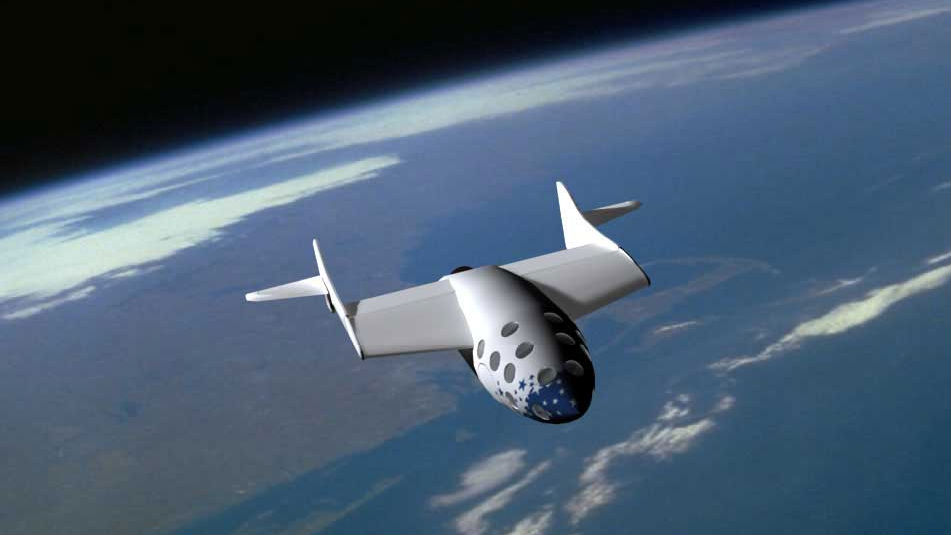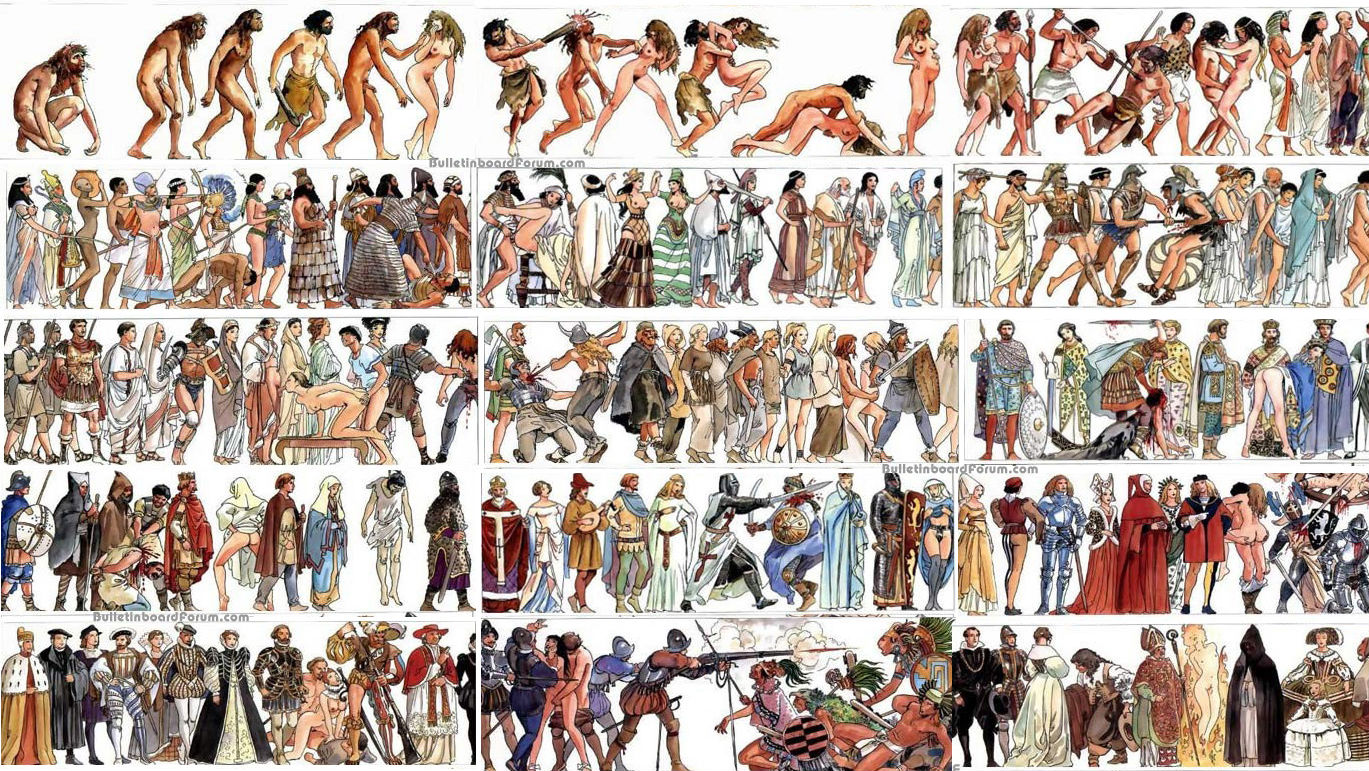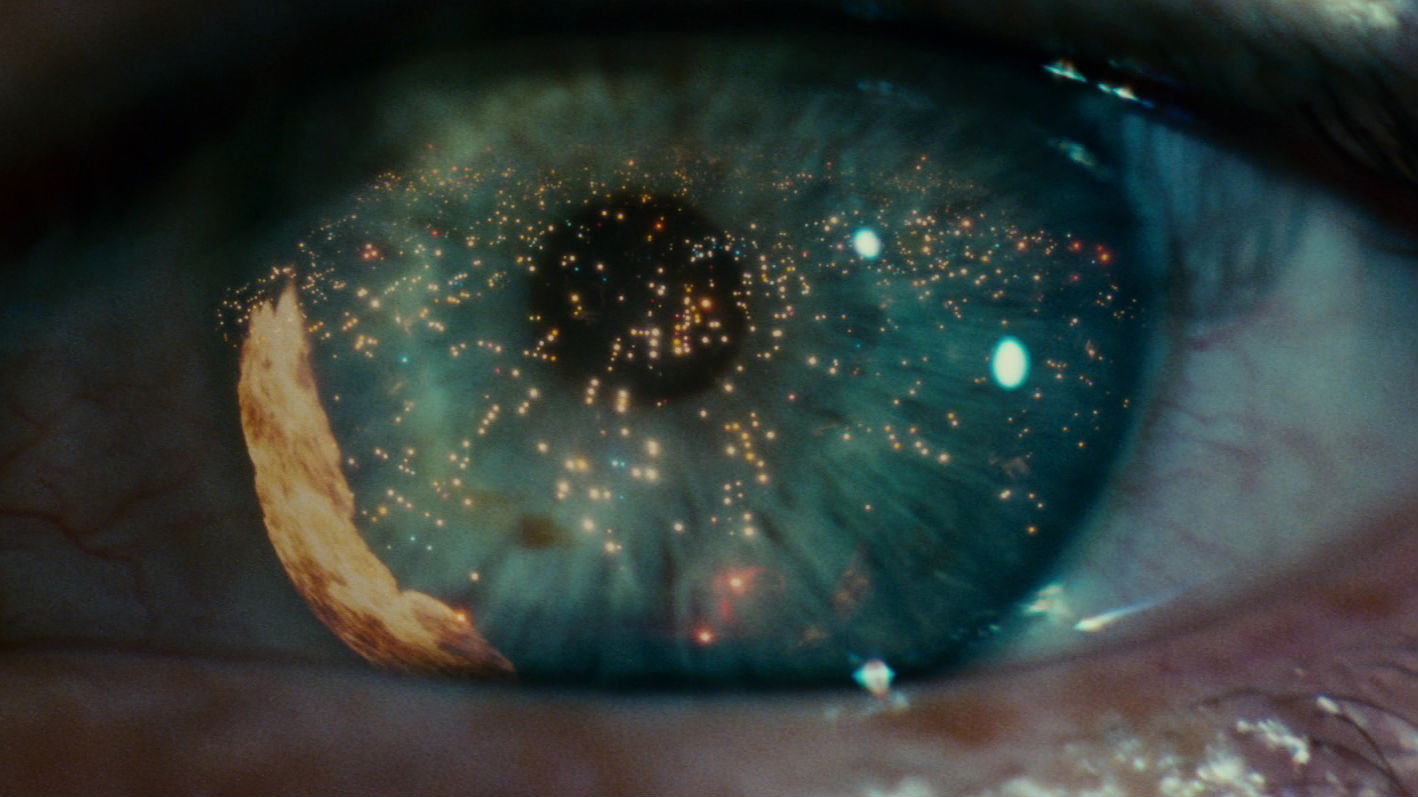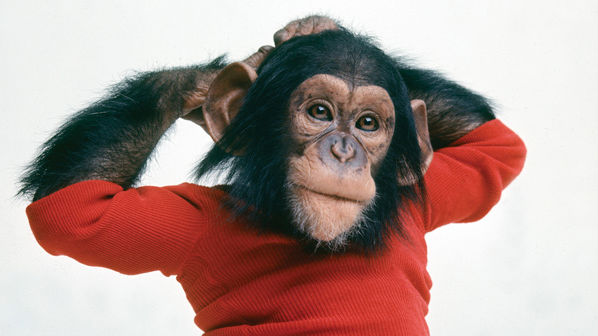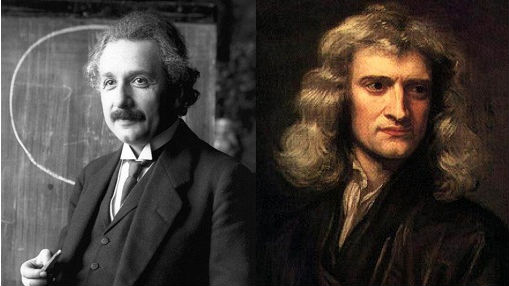Daniel Honan
Former Managing Editor, Big Think
From 2011-2014, Daniel Honan was the Managing Editor at Big Think. Prior to Big Think, Daniel was Vice President of Production for Plum TV, a niche cable network he helped launch in 2002. The production team he oversaw won over two dozen Emmy awards. Daniel has created numerous shows and documentaries for television, and his film credits include Stealing the Fire, a documentary on the black market for nuclear weapons technology.
Follow Daniel on Twitter @DanielHonan
The eccentric magiciansPenn and Teller used to come onstage naked at the beginning of performances, to demonstrate they didn’t have any “tricks up their sleeves.” And yet, Penn Jillette (the […]
“I define an expert as someone who can tell you exactly how something can’t be done,” says X Prize founder and Chairman Peter Diamandis.
I’m not happy at work. That is what more and more workers around the world are saying today. In fact, according to a new survey, between 28% and 56% of […]
On September 11, 2001, Americans were challenged, we were assaulted, we were able to turn to each other and ask for help. And that “is one of the greatest testaments to what it means to be an American.”
What was prehistoric human sex like? Most of us conjure “the hackneyed image of the caveman, dragging a dazed woman by her hair with one hand, a club in the other.” Psychologist Christopher Ryan says this image is mistaken in every detail.
While satellites and infrastructure crumble, we are also witnessing an explosion in space tourism that is exposing the gap between the Haves and Have-Nots in space.
What’s the Big Idea? Larry Summers, Eric Schmidt, Skip Gates, Dean Kamen, Rahm Emanuel, Craig Venter and many other thought-leaders and innovators will convene on Nantucket this Fall. Those are […]
Viral content is defined by authenticity, humor and controversy; NYU Stern Business School professor Scott Galloway wrote an email to a student that hit the trifecta. He now uses the experience as a digital media strategy lesson.
As Summer 2011 draws to a close, we at Big Think are taking a look back at the most significant ideas presented on our site by Big Think experts. You, our viewers, voted with your clicks.
Guy Kawasaki tells Big Think the secret to Apple’s success has been Steve Jobs’s ability to anticipate where the market will be heading, as opposed to simply reacting to where […]
A permanent robot presence on the Moon may be the most feasible option for future lunar exploration. Robonaut, the first humanoid robot in space, is taking baby steps in that direction.
Is the battle for market share of the Internet a zero-sum game? Who will be the biggest winners and losers if and when Facebook becomes the de facto operating system of the Web?
In a previous post, Teddy Zareva wrote about a biodegradable urn made by the Spanish designer Martin Azua that turns you into a tree when you die. Big Think readers […]
Former Apple evangelist Guy Kawasaki says swearing in the business setting is alright “once or twice a year.” But don’t do it more often than that, because “pain in the asses do not advance.”
There are hundreds of intelligent things that computers are doing that are part of our everyday lives that used to require human intelligence.
James Marsh’s new film “Project NIM” is less about finding the humanity in the animal and more about finding the animal in the human.
Many expensive “ethics interventions” are doomed to failure because they are predicated on the faulty assumption that individuals always recognize an ethical dilemma when it is presented to them.
Former New York Times Ethicist Randy Cohen tackles the ethics of asymmetrical relationships.
“I wouldn’t call myself humble,” says former Apple evangelist Guy Kawasaki, but thinking too much about your personal brand is “a slippery slope toward egomania.”
Major scientific endeavors like space exploration require decades of planning and funding sources that can weather economic downturns. Will the results of the Google Lunar X Prize competition stand that assumption on its head?
Astronomers have discovered a huge mass of water — some 140 trillion times the amount of water in all the Earth’s oceans combined. This water is 12 billion light years from Earth, evidence that water existed in abundance when the universe was young.
After touching down early Thursday morning, the Atlantis shuttle is now officially a museum piece. It will be retired at the Kennedy Space Center Museum in Cape Canaveral, Florida. “Job […]
Do charities exist simply to exist or do they exist to achieve something specific? Peter Thum says social entrepreneurship can address issues we once thought were impossible to tackle.
Nanotechnology isn’t going away. In fact, it promises to impact so many industries that the word will become ubiquitous in our daily lives.
Do you have the ethical obligation to inform a friend if their spouse is cheating? Is love even ethical at all? The Ethicist Randy Cohen weighs in.
Social entrepreneur Peter Thum compares Ethos Water to the Prius, which he says “basically doesn’t solve any problems, but it takes advantage of an imperfect technology and it takes a step in the right direction.”
The scientific concept that will most impact our world is the idea that will unify two opposite ideas, those of Newton and Einstein, says Big Thinker Ajitkumar Tampi Trivikram.
Is it ethical to exchange your money on the black market if you are visiting an oppressive regime? Former New York Times columnist Randy Cohen tackles this ethical query.
What’s worse, taking steroids or lying about it to Congress? What the Roger Clemens perjury case tells us about our “national epidemic of lying.”
Which scientific idea–offered up by experts such as Ray Kurzweil, Michio Kaku, Stephen Hawking and others–will impact our world the most? See our top contenders and vote for your favorite.

